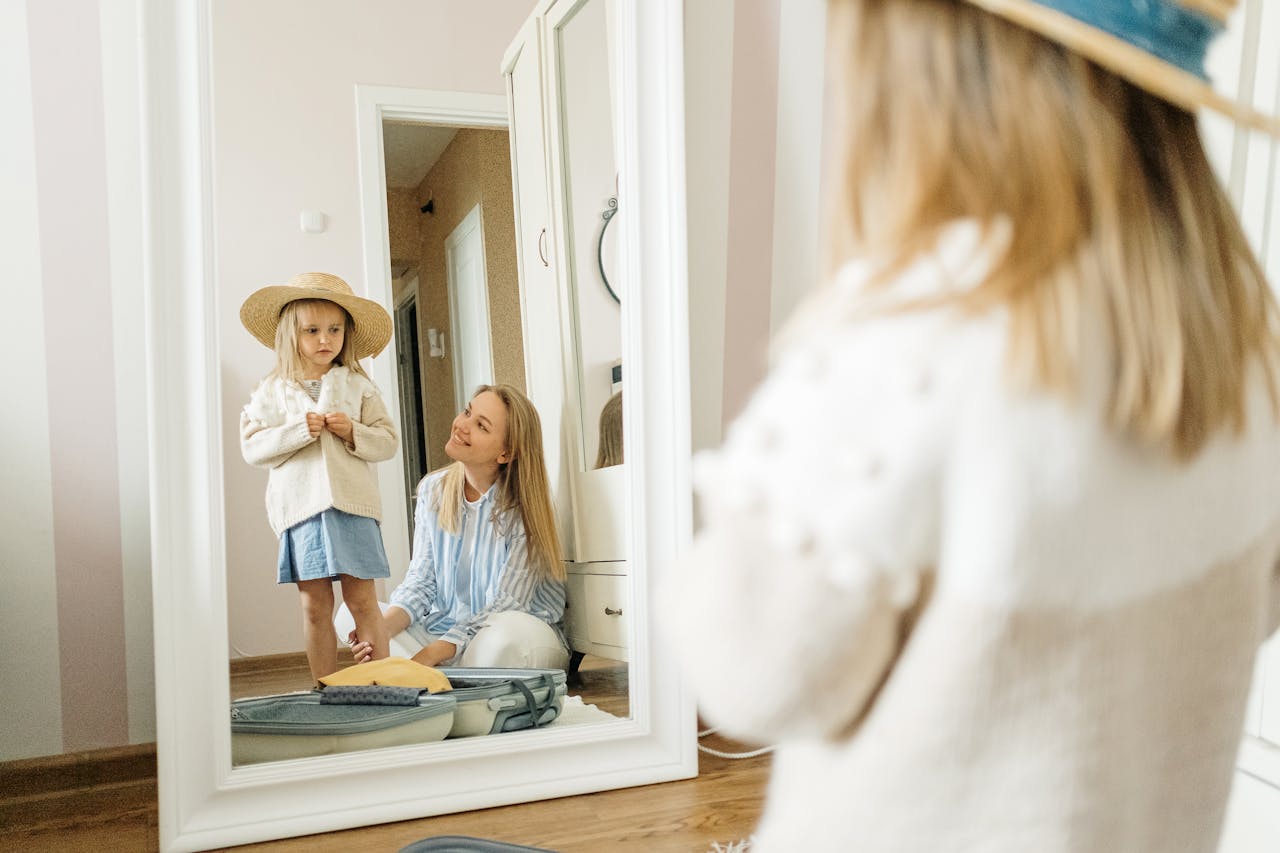
When my son Sam was about four, he had a plan. He was a huge hockey fan, and he suggested we build a new house that was entirely underground with a hockey rink inside. There would be no windows and just enough space for the family and a Zamboni.
As far as four-year-old ideas go, he gets marks for creativity. But years later, what I’m focused on is not his idea, but my reaction to his idea. I don’t specifically remember what I said, other than likely laughing with him about it. But then I’m pretty sure about what came next. I dismissed it. It was unrealistic. It was unconventional. And we would never do it.
While it’s true, I don’t really want a windowless, underground house, I wonder whether it would have been better to roll with the ideas of my kids when they were younger, even those that had us living in a frozen bunker. To let them dream. To dream with them.
You know what I think I tried to do in those years? Normalize my kids. I tried to get them to the point where they would stop challenging the status quo and just accept things for the way they were. After all, normal people live in normal homes.
Don’t get me wrong, we had some great moments and conversations. But those moments may have been eclipsed by those we’re-trying-to-clean-up-dinner-so-we-won’t-be late-for-T-ball-practice-and-please-stop-hitting-your-brother-and-pitching-me-endless-ideas moments. In those moments, I may indeed have squashed imagination, curiosity and in the process, creativity.
I remember dreaming as a child, lying under a canopy of trees and imagining what could be. What happened to that? I guess I got normalized too.
Do you ever find yourself battling the innate creativity in your child? If so, think this through.
Having ‘normalized’ our children in their younger years, should we be surprised when on a trip to the space museum our thirteen year old responds with an understated “Yeah,” to our amazement that they actually sent a man to the moon? When you ask your twelve-year-old to come up with a way you can help serve the marginalized in your community, is it such a surprise that she says, “I don’t know”?
So what can you do as a parent to encourage more creativity?
Let them ask questions. Lots of them. And don’t use the nuclear option on them by answering with “Just because.”
Co-operate with their imagination. When they come up with ideas like a windowless bunker for a home, don’t dismiss it. Try to find out what’s underneath it, and celebrate it.
Redirect. I say it all the time in meetings at work–bring on the bad ideas because bad ideas lead to good ideas. Even when their creativity leads them to come up with the implausible, linger there long enough to see if other ideas emerge–ideas that might be doable. At a bare minimum, you’ll have a fascinating conversation.
What have you discovered about creativity? How do you fuel it? What stifles it in your home?




